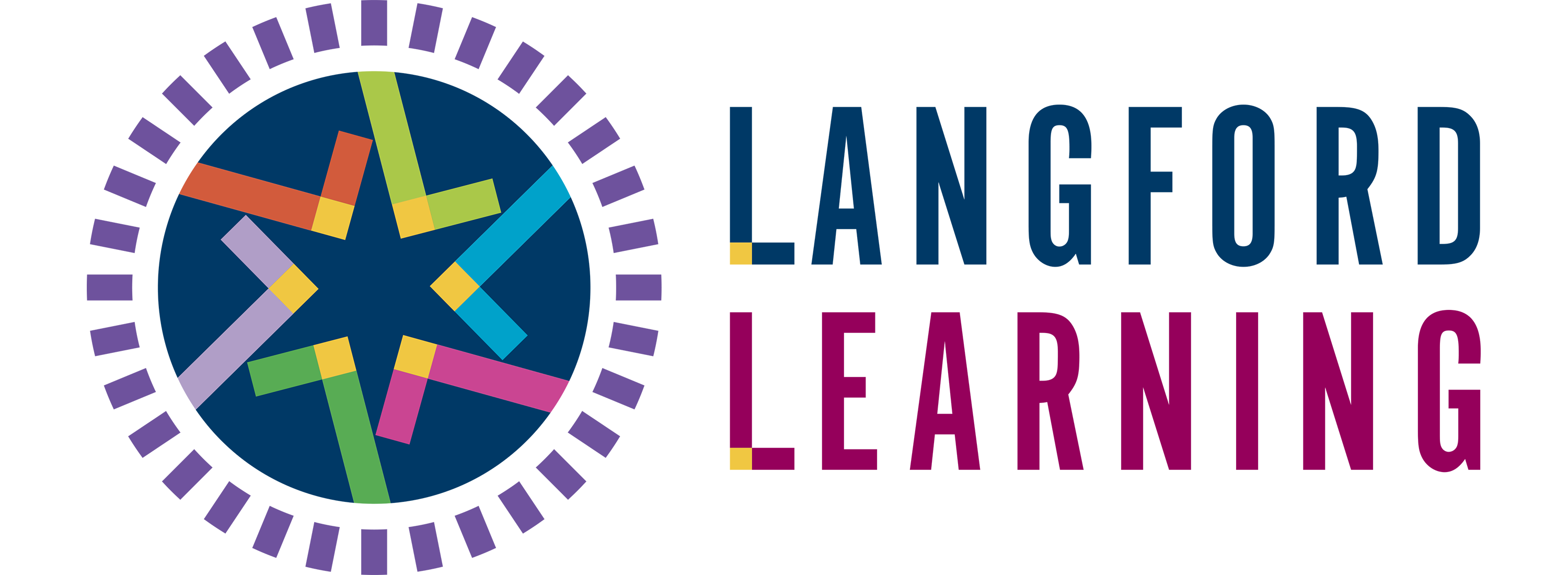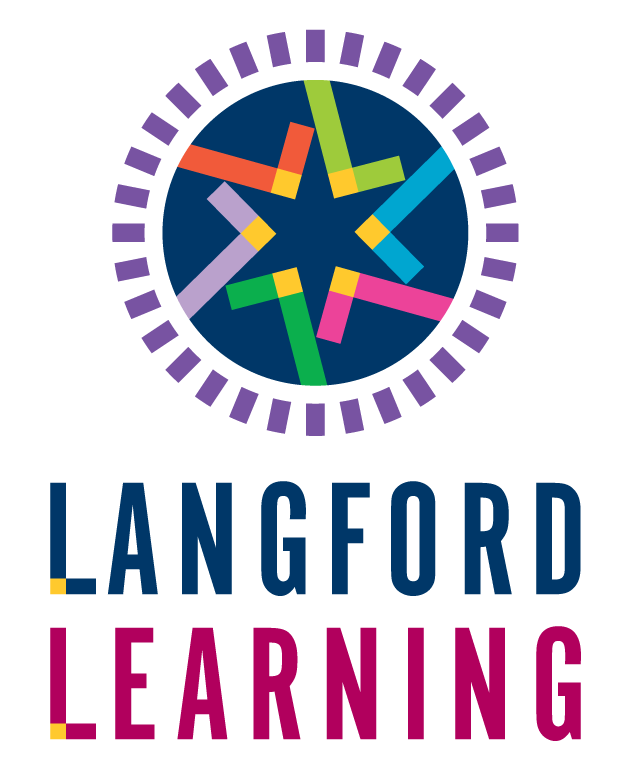Subtotal: $75.00
The Crux of the Matter
- David Langford
- Business, Education, General
- 0 Comments

While driving my 7th grade son to school the other day, I asked him, “If you could change one thing at your school—something you think would significantly improve your learning—what would you change?”
He gazed out the window for a bit, then said emphatically, “I would get rid of AR.”
I prodded him to go a bit deeper. “Why?”
“Because it makes me hate reading.”
“What would you do instead?” I asked.
He thought for a second, then replied, “I don’t know.”
That is exactly the Crux of the Matter. We are often faced with changing or getting rid of something, but not knowing what to do differently. Most educators I meet agree that grading and ranking systems are a destructive force in learning. However, when asked what to do instead, they go blank.
The truth is that we don’t always need to do something else. Sometimes the best thing to do is nothing. There is no need to replace something destructive. The late Peter Scholtes, author of The Leadership Handbook, commented on eliminating performance appraisals, “If you are trying to quit smoking, why replace a cigarette with another burning stick in your mouth?”
Some of you are probably wondering, “What in the world is AR? It must be something evil.” Not necessarily. AR is a common program that stands for “Accelerated Reading.” Students must achieve a set number of reading points in each term, as well as a set number of points in each category. Points are allotted for reading fiction and non-fiction books, with books weighted according to grade-level difficulty. Students must undertake a review test after reading a book. AR is automated: test score notices are sent to parents, via e-mail, with percent scores achieved on each test. Is it a good idea? Maybe.
To understand the Crux of the Matter in this situation, deep thinking is required. For every child who wants to get rid of a program, like my son, there could be another who loves it. Is my son’s response a special cause or is it an indicator of a common cause? To react to a special cause and assume it is common is one of Dr. W. Edwards Deming’s “Deadly Diseases.”
In the previous newsletter (Who Do We Put Our Trust In?) I said the people closest to a process are the most knowledgeable about how to improve it. This AR example is a case in point. While my son did not seem to have an answer as to what to do differently, perhaps his answer did have insight: stop the process until you can study and evaluate the situation. You may not know what to do differently, but you can stop doing something destructive immediately. Don’t discount even one student’s complaint; one student could be an indicator of a deeper systemic issue. So how do we know?
The Crux of the Matter
Dr. Deming put forth what he called a System of Profound Knowledge (SoPK). It consists of looking at everything you are doing or are proposing to do through a lens of Profound Knowledge. Profound simply means having insight through deep study or thought. The goal is to acquire insight through understanding and thinking about the four elements of Profound Knowledge: System Thinking, Psychology, Statistical Variation, and Knowledge. Let’s use the System of Profound Knowledge to look at this AR situation before taking any action.
SoPK Applied to AR What do we need to know concerning System Thinking in respect to the AR program?
What is the aim of the AR program? Is it quantity of books read? Quality of reading and understanding? Love of reading?
- What is the cost of such a system?
- How much time is taken by teachers to manage the system?
- What is the Return On Investment of time, talent, and money in relation to improved reading?
- How does the AR program interrelate with the rest of the learning system?
What do we need to know about the Psychology of AR?
- What effect does this program have on the love of reading?
- Do students and parents react adversely when they receive poor results from their child?
- Does AR affect a students’ desire to read years later?
- If students reach their AR points early in the term, do they quit reading?
- Do students read more or less after the program ends?
- Do teachers teach reading skills or just count points?
What do we need to know about Statistical Variation? - How many students achieve the AR point requirement?
- What are the reading scores in relation to the time spent on reading assignments?
- Do students keep track of their own performance or is it done for them?
- What were reading scores before the program was implemented? What are they now?
- Are reading scores continually improving or are students simply achieving the minimum?
What knowledge is necessary?
- What reading knowledge is actually being gained?
- Is the program compatible with current brain research?
- What would teachers, parents, and students do if they stopped the program?
- What forces are preventing students from reading?
You can see, with SoPK there are no easy answers. Is my son’s view of AR a special cause or is he an indicator of a much deeper systemic problem? A little investigation would give more insight. A Consensogram© from all students, staff and parents in the program would be an easy indicator to see if further study is necessary. If stakeholders indicate it is a deep problem, then a PDSA team should be put in place to study and improve the situation. It could mean the AR program is scrapped or it could mean slight modifications are necessary.
Using the lens of Profound Knowledge to study a situation can provide deeper understanding, an understanding that is necessary before attempting any change.
-
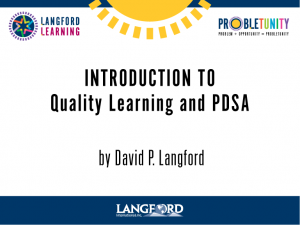
Introduction to Quality Learning and PDSA
$497.00 Select options This product has multiple variants. The options may be chosen on the product page -
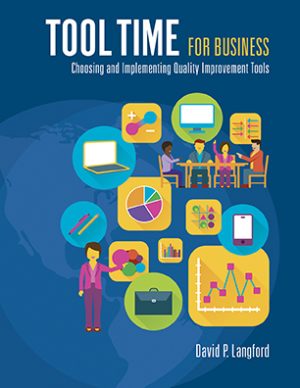
Tool Time for Business
$75.00 Add to cart -
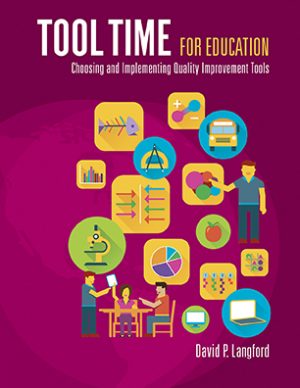
Tool Time for Education
$75.00 Add to cart
